Three Formula 1 Team Principals have all suggested that opinions surrounding the 2026 season in terms of the entertainment factor and general closeness between teams are being made too early.
Next year sees F1 enter a new era with a new set of technical regulations which threaten to shake up the sport in ways not yet seen before.
With an equal split between combustion and electric power, changes to aerodynamic usage and the outlawing of DRS, F1 is most certainly taking steps into the unknown.
Despite the ground effect era beginning in 2022, F1’s last big jump in direction was 2014, when the V6 hybrid era began, and with it saw Mercedes initially take the lead in terms of interpretation of the rules.
It will be, and already has been, a minefield for teams to get to grips with, and speaking ahead of the Mexico City Grand Prix, the respective bosses of Ferrari, Sauber – to become Audi for 2026 – and Haas all gave their take on what may come with the new era.
When asked if they had any concerns about a potential disparity between the power units and potential changes for 2027 should that be the case, Fred Vasseur began by saying it is too early to make such predictions.
“Yeah, for sure – but it was always the case in F1,” he told media including Motorsport Week. “When you have a new regulation, you don’t know where you’re going.
“You had the case in the past with the Mercedes engine in 2014, or with Brawn GP in 2009. But it’s also somehow the challenge for the team.
“We are used to developing a car based on the car of the year and trying to do a better job than what we have. Today, we have to start from scratch.
“The biggest challenge is probably that we are starting from scratch on everything—new tyres, new fuel, new engine, new chassis, new sporting regulations—new everything.
“It’s quite challenging. But somehow, it’s also the DNA of our sport to have this kind of challenge. Don’t complain too early about the show. We’ll see next year what the situation is.”
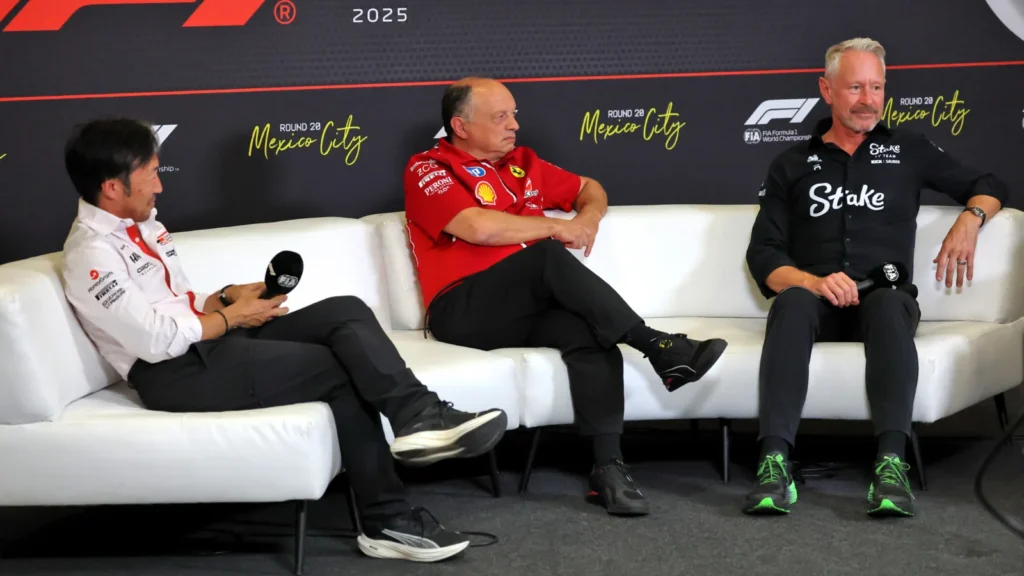
2026 F1 rules bring ‘excitement’ and ‘good intentions’
Jonathan Wheatley, who will spearhead the Audi challenge in its first-ever year of F1 competition, looked at the difficulties the German squad will face, but conveyed excitement at what lies ahead.
“Yeah. I’m minded to look back to 2014,” he said. “There was the field spread that you mentioned and clearly one power unit manufacturer had done a very, very good job.
“But now look at us out here. Look how tight the championship is this year. So, we’re facing a not insignificant challenge – our first year as the Audi Formula 1 project.
“We have to introduce the chassis and powertrain together. It’s a big job. As Fred will tell you, it’s not straightforward making all of that stuff yourself – building a team around that, expanding – plus, the biggest change in technical regulations in my time in the sport. It’s a fantastic challenge. It’s one we’re very excited about.
“And I think it’s a bit too early to talk about racing yet. We need to see how these cars perform on the track. And Formula 1 is always throwing up surprises. You just never know what might happen.”
Ayao Komatsu, who has led a revival of Haas since taking over last year, will rely on the power of the Ferrari power unit to maintain its steady midfield challenge of the last two seasons.
The Japanese believes that huge changes to regulations in F1 are part and parcel of the sport, and as well as praising the innovative and sustainable bent of the new rules, indicated that if such issues arise, he trusts that teams and the sport will “work together” to change that.
“Yeah, like Fred said, it’s the DNA of the sport – these changes,” he said. “And also, as F1, the show is amazing here today, but we always have to look forward – with sustainable fuel, with straight-line modes, trying to reduce drag over the car as much as possible to be more efficient.
“All these things have good intentions. And in terms of the show who knows? But I think, as an F1 community, like Jonathan said, every single regulation change – if there’s a big discrepancy to start off with – that’s when we show to the world how quickly we all adapt and develop.
“That’s something we as a Formula 1 community can be really proud of. So, I think change needs to happen at some point.
“Otherwise, you don’t make progress. And I think it’s very good that Formula 1 is really punching holes through that.
“And I’m sure if there are issues early on, we’ll all work together and make it better.”
READ MORE – Aston Martin details ‘monumental’ factors setting it up for F1 2026




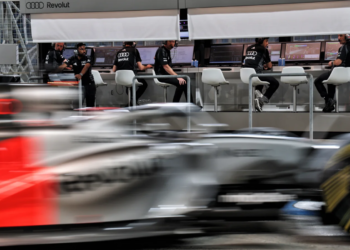
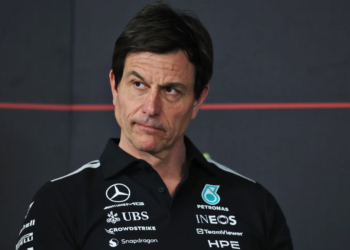

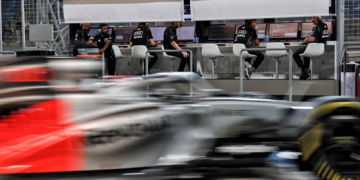
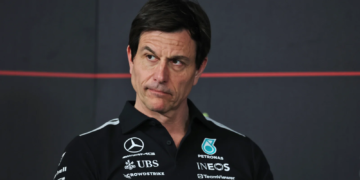
Discussion about this post